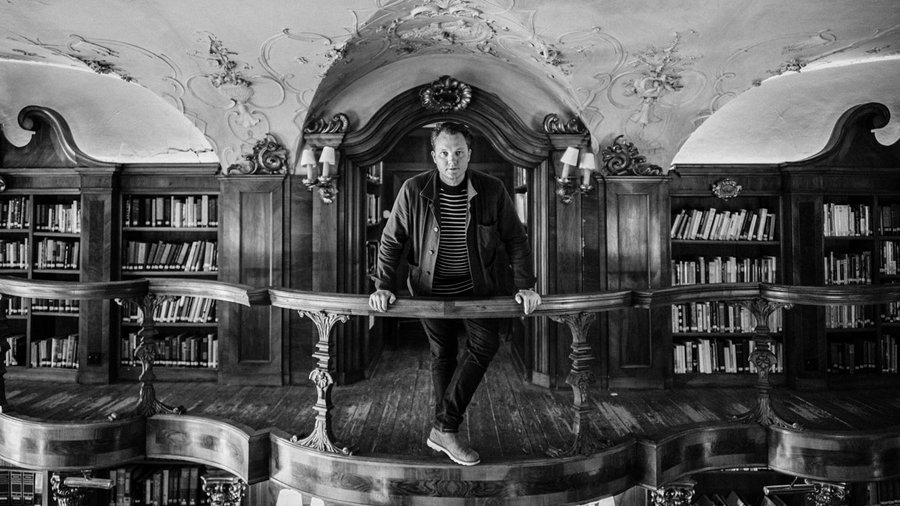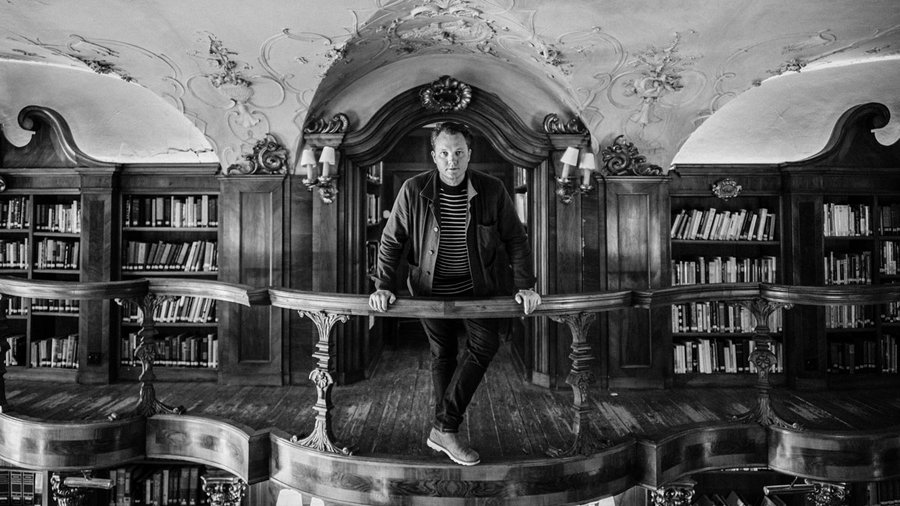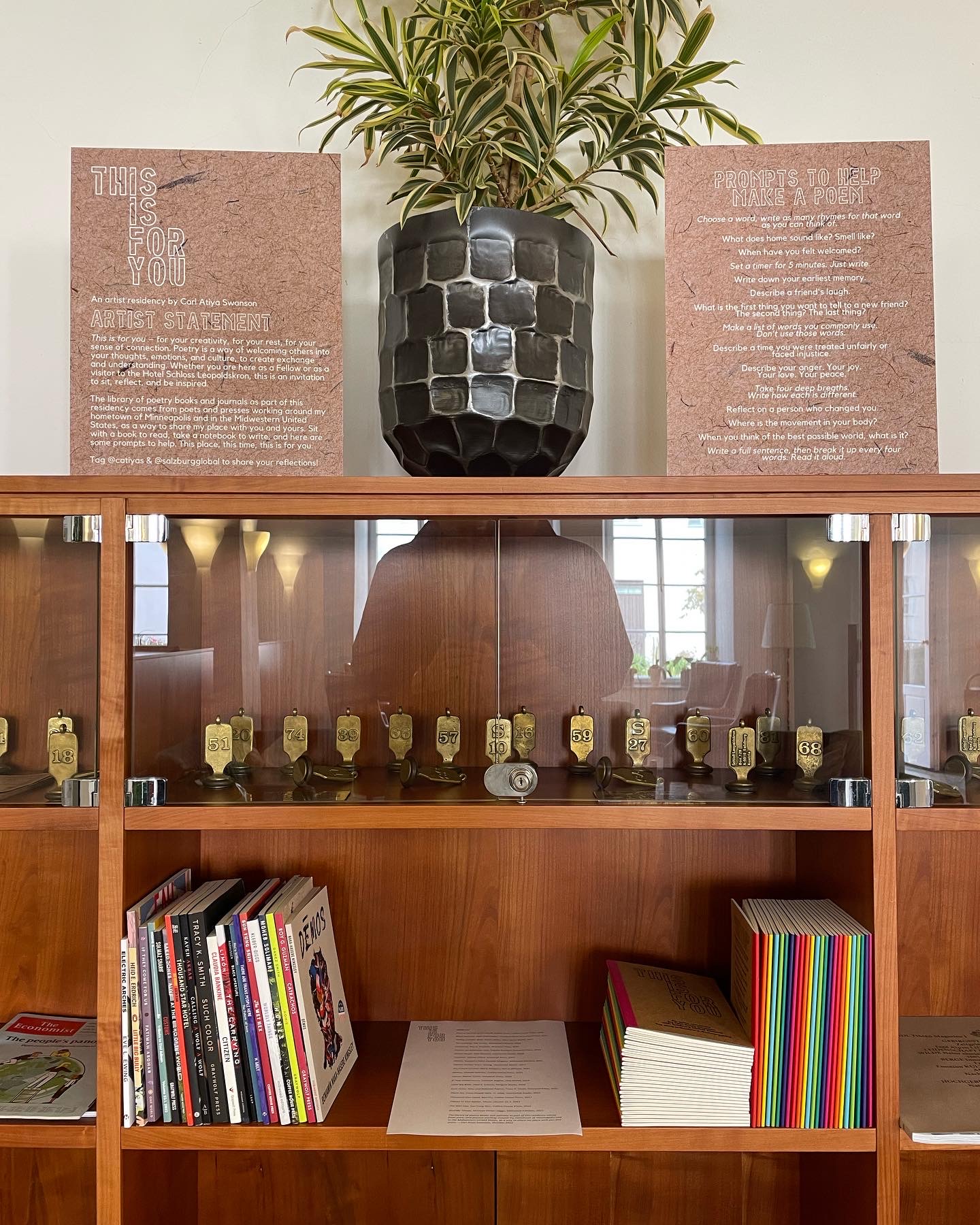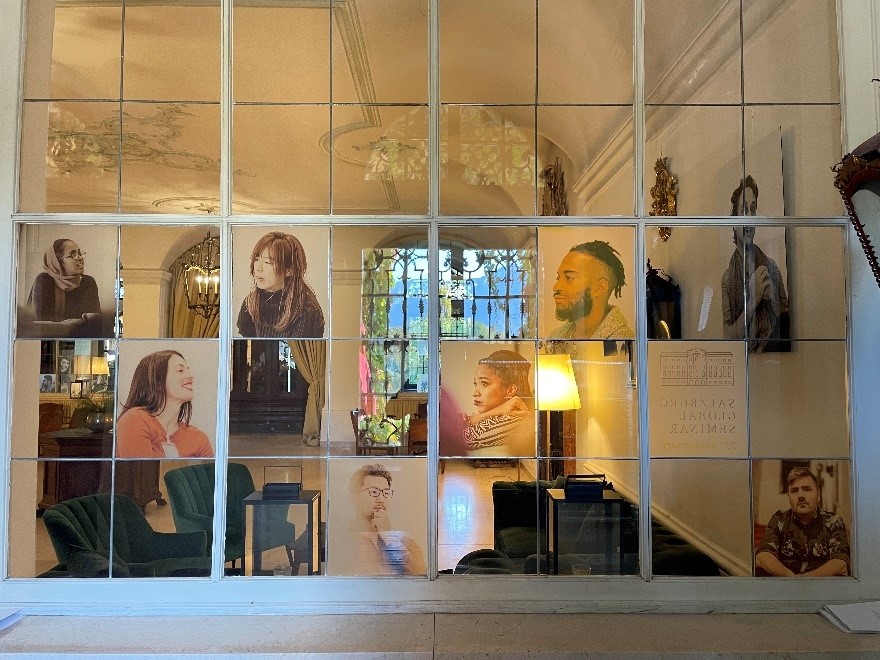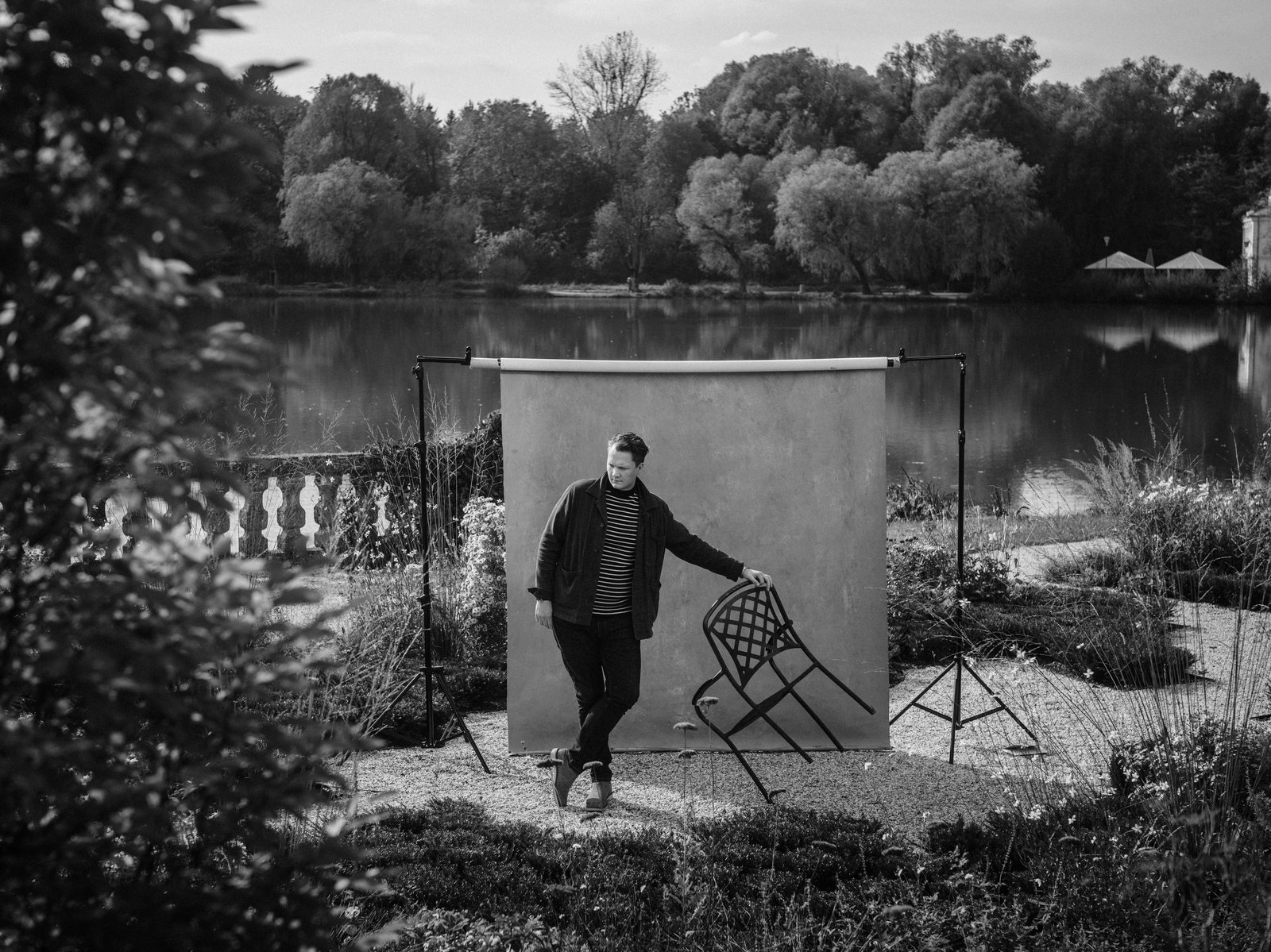Salzburg Global Artist in Residence, Carl Swanson reflects on poetry and his time at Schloss Leopoldskron
-
Topics
backTopicsOur programs create spaces where open-minded leaders can gather for breakthrough conversations on pressing global issues – each aligned to one of the following pillars:
-
Events
backEventsExplore the variety of events Salzburg Global hosts within Austria and in the rest of the world. Learn more about our programs and what else happens at Schloss Leopoldskron.Upcoming EventsDec 01 - Dec 06, 2025Peace & JusticeAdvancing Youth Safety and Justice: Transformative Policies, Community Solutions, and Accountable PracticesGlobal Innovations on Youth Violence, Safety and JusticeDec 08 - Dec 13, 2025EducationSkills for Tomorrow: Building the Next Generation of Vocational LearningEducation for Tomorrow's World
- Insights
-
Fellowship
backFellowshipSince 1947, more than 40,000 people from over 170 countries have participated in Salzburg Global's sessions. Collectively, these alumni are known as Salzburg Global Fellows.
-
About Us
backAbout UsSalzburg Global is an independent, non-profit organization committed to creating spaces that overcome barriers and open up a world of better possibilities.Our Approach
-
Support Us
backSupport UsYour generosity helps us gather open-minded leaders for breakthrough conversations, while creating space for dialogue that overcomes barriers and opens up a world of better possibilities.
- Donate


